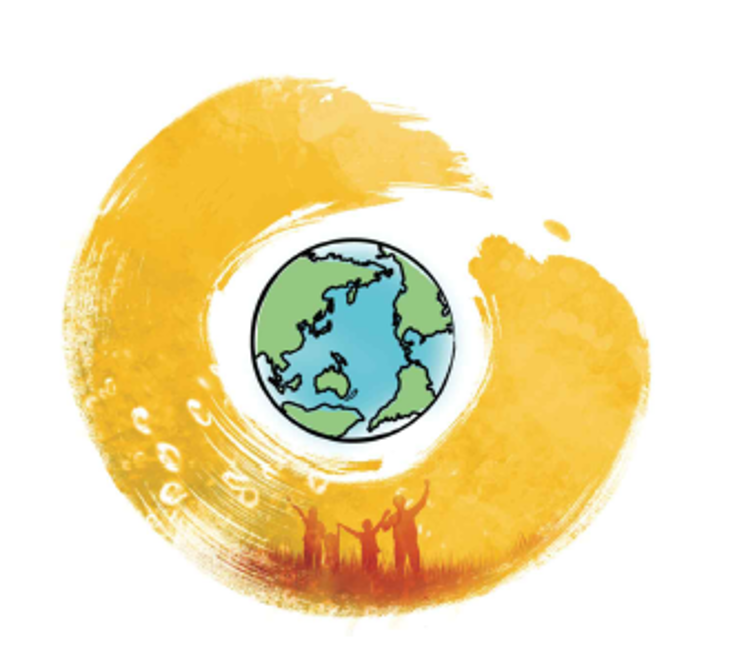The Global Health Security Agenda
Article
|Last update
The Global Health Security Agenda (GHSA) is an active and diverse group of partners focusing on overseas health threats. It was launched in 2014 and it includes currently more than 70 countries, international organizations and non-government organizations, and private enterprises united in enhancing the global health worldwide.
The Global Health Security Agenda (GHSA) is an active and diverse group of partners focusing on overseas health threats. It was launched in 2014 and it includes currently more than 70 countries, international organizations and non-government organizations, and private enterprises united in enhancing the global health worldwide.
GHSA aspires to increase the global uptake and conformity to global health regulations of multidisciplinary sources of the International Health Regulations (2005) (IHR) from the World Health Organisation, the Performance of Veterinary Services (PVS) pathway from the World Organisation for Animal health, and other relevant global health security frameworks.
Under the GHSA, there are ten Action Packages-listed below, grouped into three categories of Prevention, Detection and Response.
- Prevention 1: Antimicrobial Resistance (AMR)
- Prevention 2: Zoonotic Disease
- Prevention 3: Biosafety and Biosecurity
- Prevention 4: Immunization
- Detection 1: National Laboratory System
- Detection 2 & 3: Real-Time Surveillance
- Detection 4: Reporting
- Detection 5: Workforce Development
- Response 1: Emergency Operations Centers
- Response 2: Linking Public Health with Law and Multisectoral Rapid Response
- Response 3: Medical Countermeasures and Personnel Deployment Action Package
Norwegian participation in the GHSA action packages
The dynamic between partners at the GHSA has been characterised with Proactivity, Multisectorality and Mutual Accountability. Norway has been an active member across various action packages and advocating for keeping in mind the overall picture when addressing a country’s health security. For Norway, activities related to AMR, real time surveillance and sustainable financing for preparedness action packages were prioritised.
The Antimicrobial Resistance action package
The Action Package on AMR is among the most active action packages of the GHSA, and it has made remarkable achievements over the last years.
An ambitious target was set to support the work coordinated by the three UN organisations for human health, food and agriculture, and for animal health; WHO, FAO, and OIE, to develop an integrated and global package of activities to combat antimicrobial resistance, spanning human, animal, agricultural, food and environmental aspects (i.e., One Health approach). This was achieved by assisting countries of Burkina Faso, Cameroon, Côte d’Ivoire, the Democratic Republic of Congo, and Mali in assessing and developing their national AMR guidelines and policies in both the human and animal sectors.
Several countries have worked towards having its own national comprehensive plan to combat antimicrobial resistance and to strengthen surveillance and laboratory capacity for AMR at the national and international level. For example, national essential medicine list (EML) in Ethiopia was developed, and national Infection, prevention, and Control (IPC) guidelines in Tanzania and Uganda were developed and implemented.
The Real-Time Surveillance action package
The action package for Real-Time Surveillance led by Georgia and supported by 20 countries, was another arena for the GHPP’s global collaboration. The Real-Time Surveillance Systems target was set to establish efficient real-time indicator-and event-based surveillance systems in alliance with the IHR and OIE standards for detection of significant threats for human health, animal health and public health security in general.
Various achievements of this action package were delivered; developing community event-based surveillance system in Liberia; adoption of national surveillance protocol for priority pathogens in Kenya; launching real time surveillance programme of priority zoonosis in Burkina Faso; and enabling District Diseases Surveillance and Response Units (DDSRUs) in Pakistan.
The Sustainable financing action package
Investing in a better prepared universe became an indisputable necessity especially in the post COVID era. COVID-19 has shown how our world is ill-prepared and how important is to have available resources to enable a timely response.
Within this action package, Norway and other Members States has worked to identify areas for collaboration to address bottlenecks in mobilizing financial resources needed to foster preparedness capacities. The Working Group was set to catalyse country-level investments in preparedness by developing, and piloting helpful tools, strategies, and approaches towards progress. With these efforts a consolidated forward-looking path is expected with a defined momentum to achieve global health security.
Several high-level meetings were conducted, and reports with delineated recommendations were developed to address financing of health preparedness as a common good for health.


